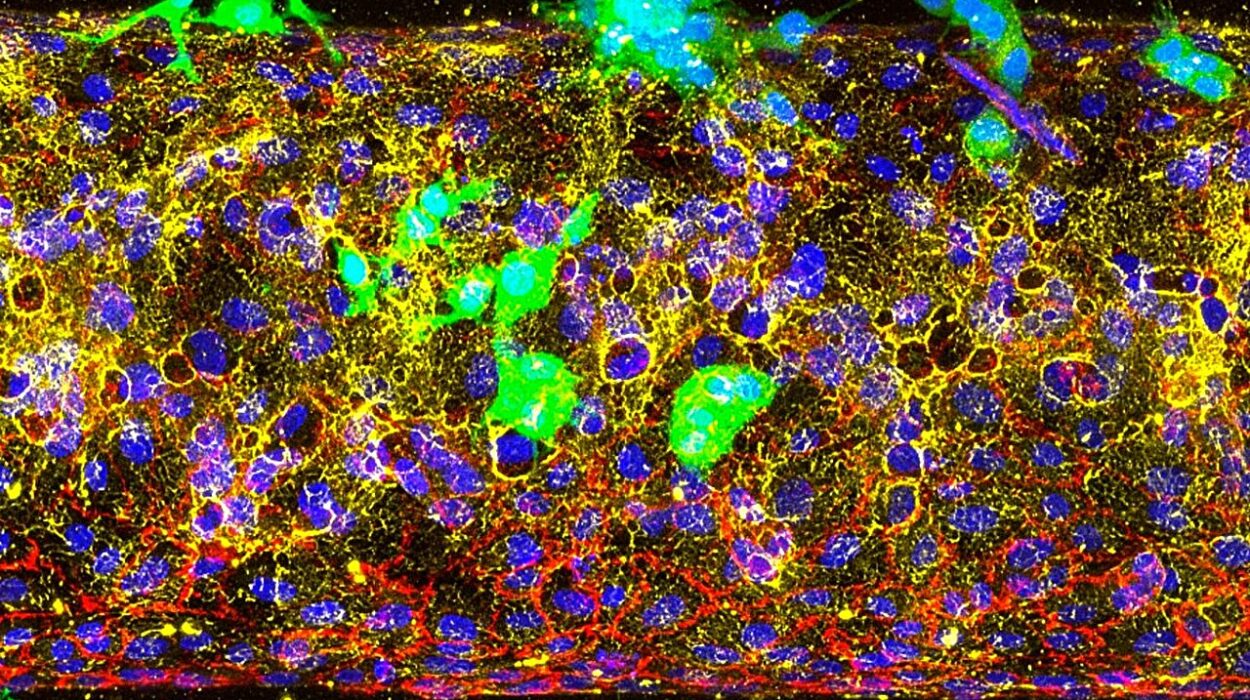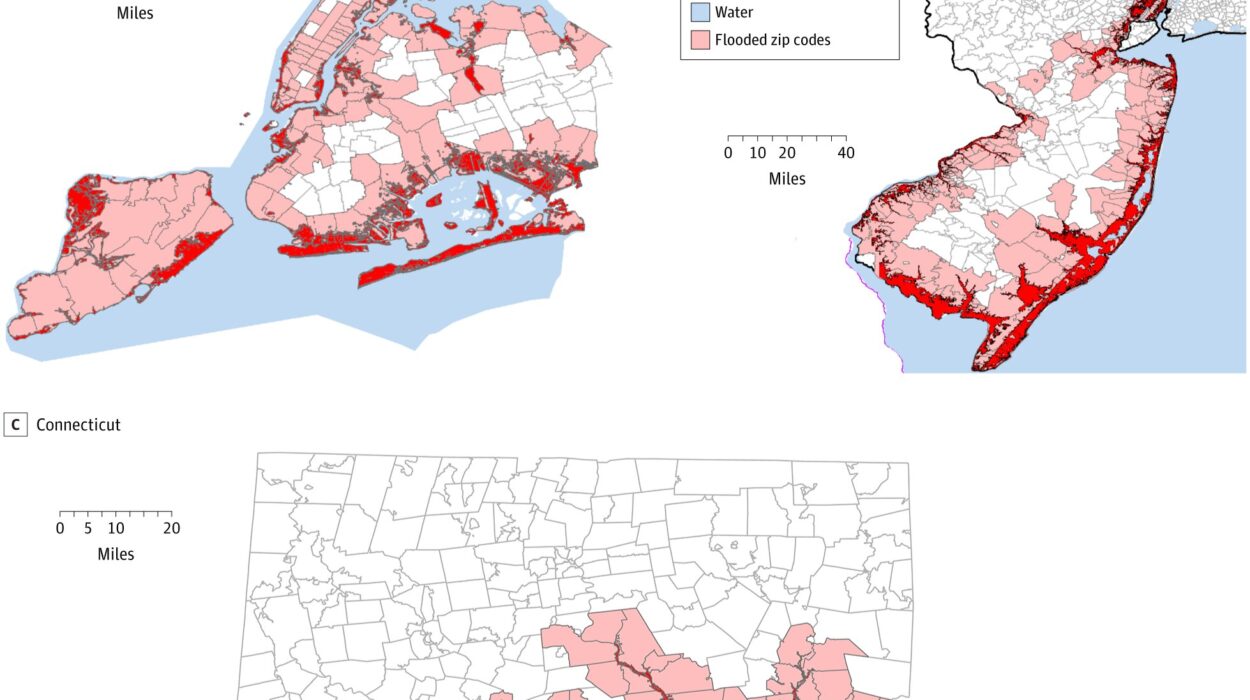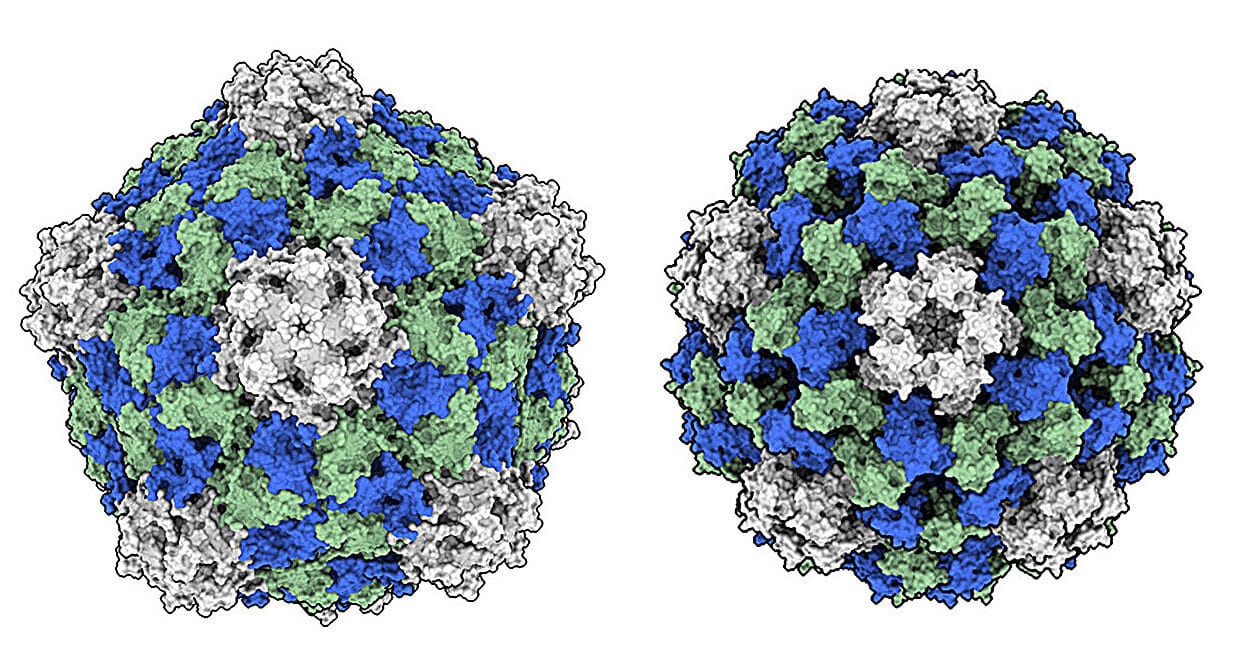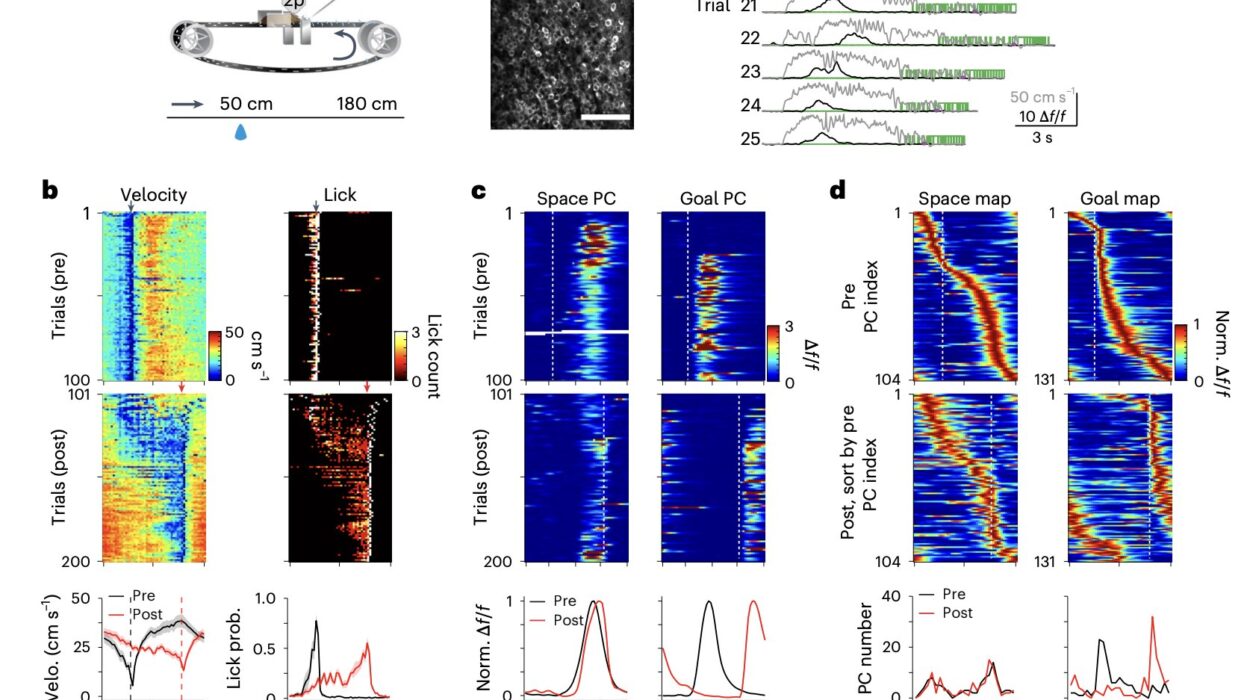For decades, classic psychedelics like LSD and psilocybin have been described as doorways to spiritual enlightenment, tools for transcending ego, and catalysts for mystical experiences. From the countercultural 1960s to today’s psychedelic renaissance, these substances have been portrayed in popular media and scientific literature alike as capable of dissolving the self and opening the mind to divine insight. But an essential question has remained largely unanswered: do these awe-inducing experiences actually change a person’s religious beliefs or spiritual identity in the long run?
A groundbreaking new study, published in the Psychology of Religion and Spirituality, offers a sobering and scientifically rigorous response. Drawing from extensive datasets in the UK and the US—including large birth cohorts and a longitudinal survey—researchers found that while psychedelic users are more likely to disaffiliate from organized religion, the drugs do not seem to cause consistent shifts in spirituality or religiosity over time.
In short, psychedelics may prompt reevaluation, but not necessarily revelation.
Unpacking the Myth of the Psychedelic Awakening
The mythos surrounding psychedelics is deeply entrenched in the idea of personal transformation. Psychonauts report dissolving boundaries, merging with the cosmos, or communicating with divine entities. In clinical settings, these substances have been used to help people confront death, alleviate depression, and explore buried trauma. Given this context, it seems natural to assume that psychedelics might also guide people toward deeper spirituality or renewed religious belief.
But this new study, led by psychology researcher and rabbi Aaron D. Cherniak, challenges that assumption.
“As both a psychology researcher and rabbi, I was interested in life experiences that influence religious and spiritual development,” Cherniak explained. “There has been much discussion about the intersection of psychedelics and spirituality, but very little research had examined long-term patterns.”
Two Studies, One Complex Picture
To tackle this question, Cherniak and his colleagues designed two complementary studies, each with its own methodological strengths and scope.
Study 1 analyzed data from two of the UK’s largest and most respected cohort studies: the 1958 National Child Development Study and the 1970 British Cohort Study. These databases each include over 11,000 participants and have followed individuals from birth into adulthood, making them ideal for detecting long-term patterns in belief, behavior, and substance use.
The researchers compared people who reported lifetime use of psychedelics—specifically LSD and psilocybin—with those who had never used them. They examined changes in religious affiliation from childhood to adulthood, belief in God and the afterlife, and whether participants had switched religions, joined one later in life, or left a religious identity behind.
Study 2 took a different approach. It followed 9,732 adults in the UK and US over two months, surveying them at two time points to assess whether recent psychedelic use was associated with short-term changes in self-identified religiosity or spirituality.
Together, these studies offered a robust mix of long-term and short-term data, retrospective and prospective measures, and cross-cultural insight.
The Surprising Role of Disaffiliation
What emerged from Study 1 was a consistent, if not entirely expected, pattern: people who had used psychedelics were more likely to disaffiliate from religion. They were less likely to believe in God, less likely to believe in life after death, and more likely to report no religious affiliation in adulthood—even if they had one as children.
LSD use was also linked to switching between religious affiliations or joining a religion in adulthood after being raised in a secular household, suggesting that these substances can prompt exploration. But such effects weren’t unique to psychedelics. Similar associations were found with other illicit drugs like cannabis and amphetamines.
That complicates the narrative.
If religious disaffiliation is also common among users of non-psychedelic substances, then perhaps the link isn’t about the mystical content of the trip—but about broader social, psychological, or lifestyle factors that correlate with drug use in general.
Stable Spirituality Amid Shifting Beliefs
The second study added another layer of nuance. While recent psychedelic users were less likely to identify as religious and slightly more likely to call themselves spiritual, these identifications didn’t change over the two-month period—even among those who used psychedelics in that time.
In other words, psychedelic experiences, though often profound, didn’t seem to catalyze quick transformations in how people labeled their spiritual or religious selves. The sense of “spirituality” some users reported was already in place and largely stable. The trip didn’t nudge them significantly in one direction or the other.
This finding pushes back on a widespread assumption: that a single or even a few psychedelic experiences can fundamentally alter belief systems. The reality appears more grounded. Psychedelics might challenge, affirm, or complicate beliefs—but they don’t rewrite them wholesale.
Mysticism Versus Meaning: The Limits of the Experience
Why don’t psychedelic experiences lead to long-term spiritual transformation, even if they feel divine in the moment?
Cherniak suggests that context is key. “Psychedelic experiences are deeply personal,” he said. “Whether they lead to more spiritual openness or disillusionment often depends on factors like your personality, your beliefs before the experience, and your intentions for using them.”
This insight aligns with other research suggesting that the “set and setting”—your mindset going in and the environment around you—shape the experience more than the substance itself. A trip in a shamanic ceremony may reinforce a sense of sacred connection, while one at a music festival might yield existential absurdity.
And then there’s culture. In secular societies like the UK and much of the US, traditional religious belief is already in decline. Psychedelic experiences in these contexts may affirm a nonreligious worldview rather than counteract it.
A Strong Study, With Cautionary Notes
One of the strengths of this research is its scale and design. The UK cohort studies offer decades of consistent data across thousands of lives. The longitudinal approach of the second study allows for a rare glimpse into the dynamics of belief over time, rather than relying on participants’ memories alone.
Moreover, the study was preregistered, meaning the researchers publicly declared their methods and hypotheses in advance—a gold standard for scientific transparency and credibility.
Yet there are limitations. The measures of belief and affiliation were broad, lacking fine-grained detail. Many participants who used psychedelics also used other substances, making it hard to isolate specific effects. And two months may simply be too short a window to detect the slow shifts that major spiritual changes often require.
As Cherniak put it, “Future studies should consider asking more precise questions about the supposed components of spirituality, which itself can be vague.”
Rethinking the Role of Psychedelics in Spiritual Growth
This study doesn’t deny that psychedelics can be powerful, even transformative. But it does challenge the idea that such transformations naturally or reliably lead to greater religiosity or spiritual identity. Rather, the drugs may function more like a mirror, reflecting and amplifying what is already within us.
“Psychedelics may offer powerful and transformative experiences,” Cherniak said, “but they don’t reliably lead to deeper faith or spiritual awakening. They seem to amplify what’s already there or open space for rethinking one’s worldview, in unpredictable directions.”
This doesn’t mean psychedelics are spiritually irrelevant. But their effects are likely mediated by a person’s cultural background, psychological makeup, community, and intentions.
The Road Ahead for Psychedelic Spirituality Research
As interest in psychedelics continues to surge—fueled by decriminalization efforts, clinical trials, and cultural fascination—the need for grounded, rigorous research becomes even more urgent.
Future studies could explore:
- Setting-specific impacts: Do religious ceremonies involving psychedelics yield different outcomes than recreational or clinical use?
- Narrative analysis: How do users describe their experiences in terms of meaning, faith, and identity?
- Longer-term effects: What happens to spirituality a year or more after psychedelic use?
- Diversity in spirituality: How do definitions of spirituality differ across cultures, and how do psychedelics intersect with those definitions?
By expanding beyond simplistic labels like “more spiritual” or “less religious,” future research can better capture the nuanced, often paradoxical ways psychedelics influence our inner worlds.
A More Complex, More Human Truth
Ultimately, what this study reveals is that the human mind and spirit are not easily rewritten by chemical compounds. Psychedelics may open windows, but they don’t prescribe the view. They may raise questions, but they don’t provide answers. And they may shake the foundation, but they rarely rebuild the house.
For some, psychedelics might deepen faith. For others, they may provoke doubt or indifference. But for most, they simply provide a moment—fleeting yet intense—that may or may not ripple outward.
And that, perhaps, is the most spiritual truth of all: transformation is possible, but never guaranteed.






